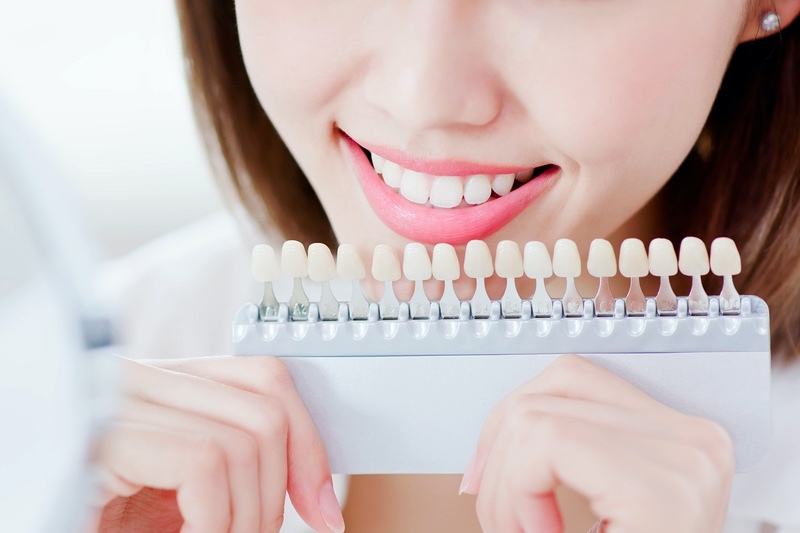In today’s world, a bright, radiant smile is not just a sign of good dental hygiene but also a symbol of confidence and beauty. As such, it’s no wonder that cosmetic teeth whitening has become increasingly popular in recent years. From celebrities to everyday individuals, people are seeking ways to achieve a brighter, whiter smile. In this guide, we’ll explore the world of cosmetic teeth whitening, including its methods, safety considerations, and benefits.

Understanding Cosmetic Teeth Whitening
Cosmetic teeth whitening, also known as dental bleaching, is a procedure aimed at lightening the shade of your teeth to remove stains and discoloration. While various factors contribute to tooth discoloration, including genetics, aging, and lifestyle habits like smoking or consuming certain foods and beverages, cosmetic teeth whitening can effectively address many of these issues.
Benefits of Cosmetic Teeth Whitening
The benefits of cosmetic teeth whitening extend beyond just aesthetics. A brighter smile can enhance your overall appearance, boost your self-confidence, and leave a lasting positive impression. Additionally, research has shown that people with whiter teeth are often perceived as more attractive, successful, and trustworthy in social and professional settings.
Methods of Cosmetic Teeth Whitening
There are several methods available for cosmetic teeth whitening, each with its advantages and considerations:
- In-Office Professional Whitening: This method involves a visit to your dentist’s office, where a highly concentrated bleaching agent is applied to your teeth. The procedure typically takes about an hour and can produce dramatic results in a single session.
- At-Home Whitening Kits: These kits typically consist of whitening gel or strips that you apply to your teeth at home. While they may take longer to achieve results compared to in-office whitening, they offer convenience and flexibility.
- Over-the-Counter Whitening Products: These include whitening toothpaste, mouth rinses, and whitening pens that you can purchase without a prescription. While they may help maintain results achieved through professional whitening, they are generally less effective on their own.
Safety Considerations
While cosmetic teeth whitening is generally considered safe when performed by a qualified professional or when using reputable at-home products as directed, there are some considerations to keep in mind:
- Potential Sensitivity: Some individuals may experience tooth sensitivity or gum irritation during or after whitening treatments. This is usually temporary and can be managed with desensitizing toothpaste or by adjusting the whitening regimen.
- Gum and Tooth Damage: Overuse or misuse of whitening products can potentially damage tooth enamel or irritate the gums. It’s important to follow instructions carefully and consult with a dentist if you have any concerns.
- Not Suitable for Everyone: Cosmetic teeth whitening is not recommended for individuals suffering from dental conditions such as tooth decay, gum disease, or enamel erosion. A thorough dental examination is recommended before undergoing any whitening procedure.
Maintaining Results
To prolong the results of cosmetic teeth whitening, it’s important to practice good oral hygiene habits and avoid habits that can contribute to staining, such as smoking or excessive consumption of coffee, tea, and red wine. Regular dental check-ups and professional cleanings can also help keep your smile looking its best.
Conclusion
Cosmetic teeth whitening offers a safe and effective way to achieve a brighter, more confident smile. Whether you choose in-office professional whitening or at-home treatments, the key is to approach whitening with realistic expectations and to prioritize oral health. By understanding the various methods available, considering safety considerations, and maintaining good oral hygiene habits, you can enjoy the benefits of a radiant smile for years to come.



